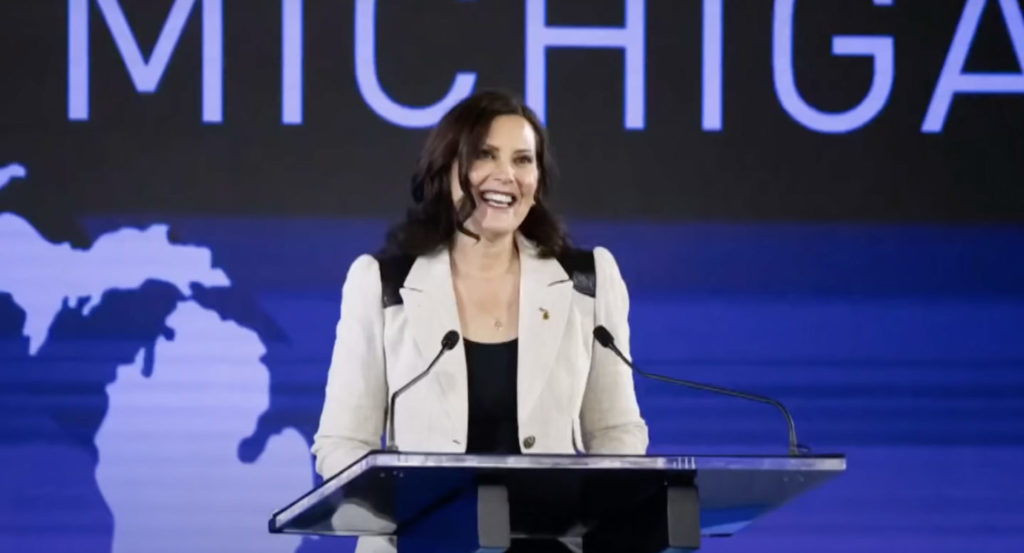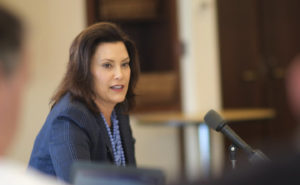Education spending claims major percentage of Michigan’s 2023 budget
(The Center Square) – The fiscal year 2023 budget agreed upon by Democratic Gov. Gretchen Whitmer and the Republican-majority Legislature boasts some of the largest increases in education spending…

(The Center Square) – The fiscal year 2023 budget agreed upon by Democratic Gov. Gretchen Whitmer and the Republican-majority Legislature boasts some of the largest increases in education spending in Michigan history.
All told, 2023 education spending in the state will reach $21.3 billion, roughly 27.6% of the total $77 billion.
Next year’s budget includes a record-high $9,150 per-pupil funding for every public school student.
The budget also includes:
- $214 per-pupil mental health and school safety funding for every student, in every public school district.
- Additional funding to meet students’ individual needs for each of the state’s approximately 200,000 special education and 710,000 at-risk students.
- 1,300 more free preschool slots in the Great Start Readiness Program.
- Expands advanced placement and honors programs.
- $475 million for school infrastructure.
Approximately $1.7 billion will be spent to shore up K-12 and university pension programs, and another $475 million will be made available for school construction, renovations and voluntary consolidation.
Additionally, $25 million is appropriated for MI Future Educator Fellowships, which will grant $10,000 in tuition payments to 2,500 future Michigan educators every year. Up to 30,000 fellowships will be granted over the next decade. Student teachers will be paid $9,600 per semester. Funds also are appropriated for districts assisting support staff on “no-cost paths to become educators” and the Troops-to-Teachers program that pairs mentor teachers with military veterans seeking to become certified teachers.
“Investing over a half-billion dollars in teacher recruitment initiatives is a much-needed commitment to Michigan’s students, educators, and public schools,” state Superintendent Dr. Michael Rice said in a statement.
“Funding to encourage, assist and support aspiring and new educators will help to strengthen and rebuild the teaching profession, as will investments in base funding, categorical funding for students with disabilities and economically disadvantaged students, children’s mental health, and school safety,” Rice continued. “Thanks to Governor Whitmer and the state Legislature for listening and working together to help address the teacher shortage in Michigan.”
However, some researchers question whether Michigan is experiencing a shortage of teachers. According to the Michigan Citizens Research Council, no clear data exists to prove a shortage of teachers in the state actually exists.
CRC does acknowledge student enrollment in the state is declining, and teacher shortages exist in specific subjects and geographical locations.
“Need is evident in urban regions and growing in some areas – English as a second language, special education, science, technology, engineering and math,” the CRC concluded in 2019.



